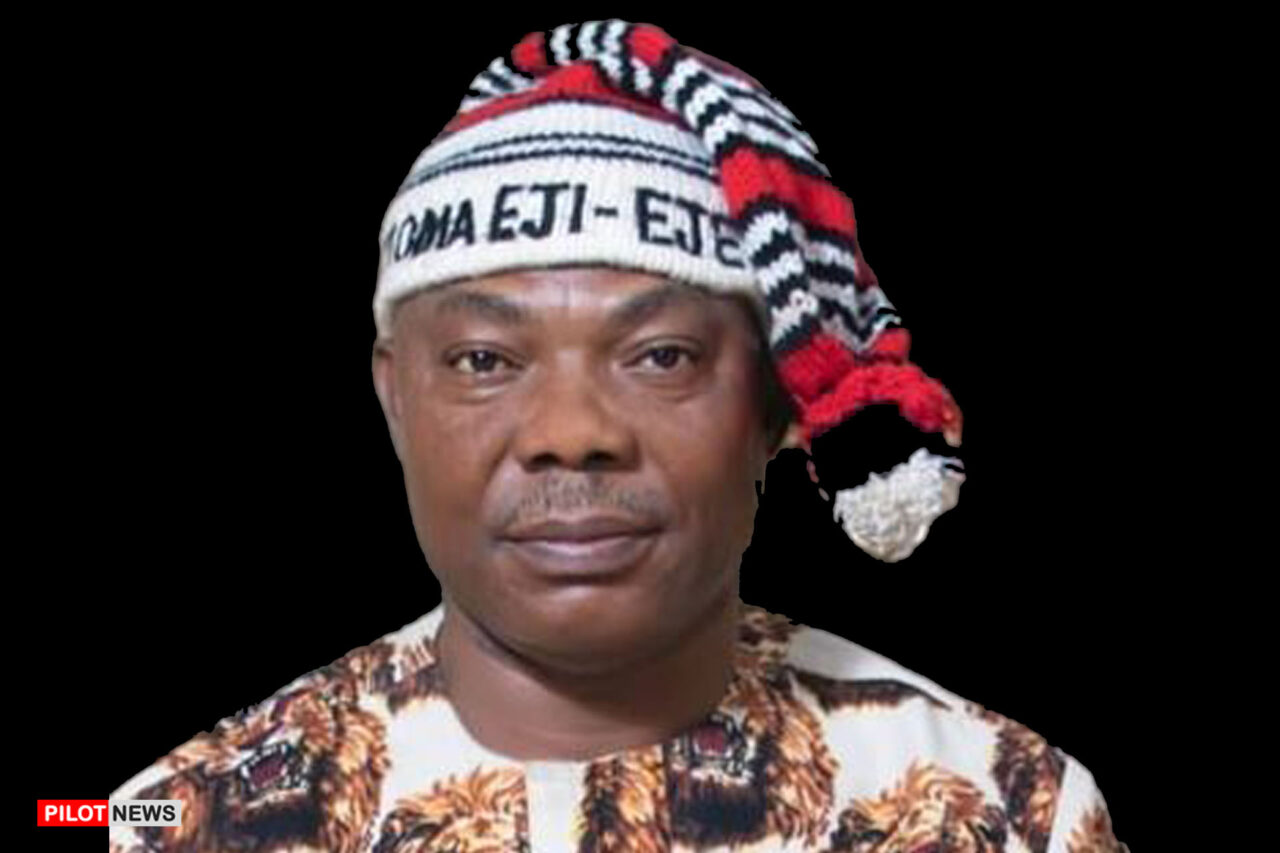Hon. Ibekwe Nnamdi Chimdi, popularly called Oziomachi, the lawmaker representing Bende North Constituency of Abia State in the State Assembly, has stressed the role of the rule of law, effective checks and balances which protects the fundamental rights of Nigerians in a constitutional democracy.
He also elaborated on the importance of separation of power in any government for the deepening of democracy.
Ibekwe stated that the principle of the rule of law, checks and balances are the integral parts of democracy which had been adjudged to be the best form of government.
According to him, democracy enthrones an equitable and egalitarian society with an emphasis on fostering progress through participatory governance, the lawmaker asserted.
He added that in a democracy the people hold the four aces in deciding who holds what political office through a seamless electoral process.
The lawmaker noted that the democratic principles promote equality, freedom, accountability, rule of law, protection of people’s rights, peaceful conflict resolution, innovation, civil society participation, transparency, adaptability, and peaceful transfer of power.
He further urged the three tiers of government to deepen Nigeria’s democracy by upholding the principles of the rule of law and separation of powers.
According to him, the essence of a constitution and constitutionalism lies in establishing fundamental principles, structures, and rules that govern a country.
He averred the key points in constitutional democracy to include the rule of law, checks, and balances to avoid arbitrariness, protecting fundamental rights, separation of powers, legal stability, and adherence to constitutional principles.
Ibekwe reiterated that to guarantee the supremacy of law and sustain democratic governance in Nigeria, the 1999 Constitution emphasises the separation of powers among the three arms of government – the Legislature, the Executive, and the Judiciary.
He maintained that separation of powers brings about checks and balances. “This concept prevents any of the arms of government from arbitrariness, just as it checks tyranny, and safeguards the rights and interests of the citizens,”
“The Legislature is primarily responsible for making laws, representing the interests of the people, overseeing the executive arm to avert abuse of powers, and ensuring accountability, and transparency in governance,” he said.
He added that while the legislators may propose and allocate funds for projects, it is the duty of the executive arm (government agencies or local authorities) to execute and implement the projects.
He however, noted that legislators do play the crucial role of overseeing and monitoring the progress of the projects to ensure they are carried out effectively and in the best interest of the public.
“Each constituency needs to conduct needs assessment as it is an important aspect of the legislative process in Nigeria and that by needs assessments, legislators can better understand the challenges facing their constituents and work towards addressing them through appropriate legislation and oversight functions,” he said.
Hon. Ibekwe submitted that service delivery is another key function of the Legislature as they are expected to make the laws and ensure that government agencies and departments are effectively implementing the policies and programmes to meet the needs of the people.
He contended that by monitoring service delivery and holding the executive arm to account, legislators play a crucial role in promoting good governance and improving the quality of life for citizens.
“In the 1999 Constitution (as amended), the legislative arm is meticulously delineated within Sections 47 to 100 and, as well, the Second Schedule, explaining the intricate tapestry of the National Assembly and state Houses of Assembly. These provisions serve as the bedrock for the modus operandi of the legislature, delineating its composition, powers, functions and procedural mechanisms within the democratic framework of the nation.
“Beyond Nigeria, a comparative analysis reveals a universal tenet of democratic governance that resonates across nations such as South Africa and Ghana, where a tripartite division of power remains quintessential. In the South African Constitution, for example, the separation of powers is outlined in Chapter 4, which establishes the three arms of government: the Legislature (Chapter 4, Sections 42-83), the Executive (Chapter 5, Sections 84-102), and the Judiciary (Chapter 8, Sections165-180). These sections delineate the powers, functions, and roles of each arm of government, ensuring a clear power separation.
“In the Ghanaian Constitution, the separation of powers is provided for in Chapter 5, specifically in Articles 58 to 128. These articles also establish the Legislature (Articles 93-106), the Executive (Articles 58-92) and the Judiciary (Articles125-128), outlining their respective powers and functions to maintain a system of checks and balances,” he added.


